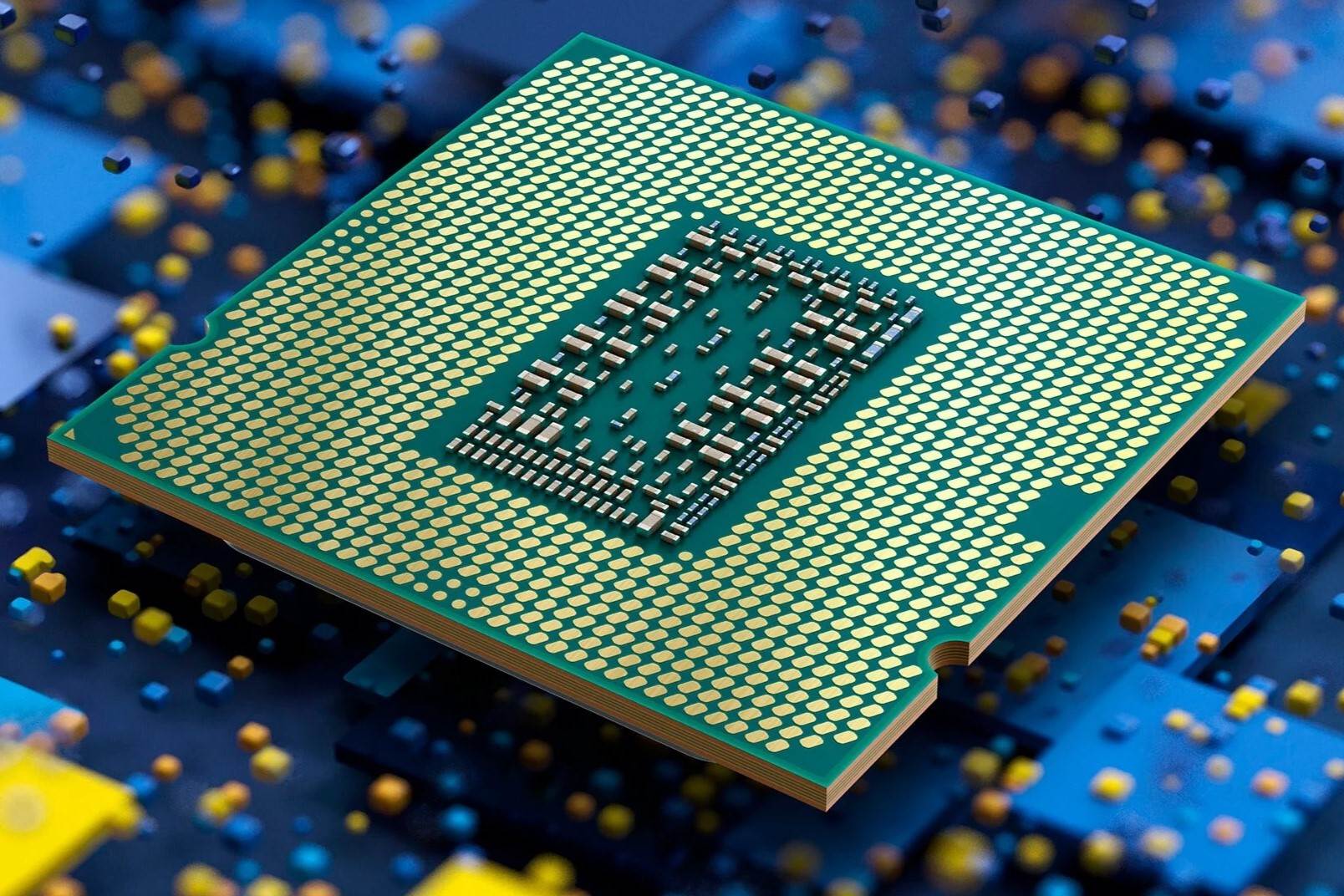
Ever wondered what makes your computer tick? The CPU, or Central Processing Unit, is the brain behind every operation your device performs. From running applications to processing data, this tiny chip handles it all. But there's more to it than just crunching numbers. Did you know that the first CPUs were the size of a room? Or that modern CPUs can perform billions of calculations per second? Understanding these facts can help you appreciate the technology that powers your daily life. Get ready to dive into 20 fascinating facts about CPUs that will blow your mind!
What is a CPU?
The Central Processing Unit (CPU) is the brain of any computer. It executes instructions and processes data, making everything from simple calculations to complex simulations possible.
- The first CPU, the Intel 4004, was released in 1971. It had 2,300 transistors and could perform 60,000 operations per second.
- Modern CPUs can have billions of transistors. For example, the AMD Ryzen 9 5950X has 4.15 billion transistors.
- CPUs are measured in gigahertz (GHz). This indicates how many cycles per second the CPU can execute. A 3.5 GHz CPU can perform 3.5 billion cycles per second.
How CPUs Work
Understanding how CPUs work can help you appreciate their complexity and importance.
- CPUs follow a cycle called the fetch-decode-execute cycle. They fetch an instruction from memory, decode what it means, and then execute it.
- Clock speed determines how fast a CPU can process instructions. Higher clock speeds generally mean faster performance.
- Cores are individual processing units within a CPU. More cores allow a CPU to handle more tasks simultaneously.
- Threads are virtual cores that help manage multiple tasks. Hyper-threading technology can double the number of threads, improving performance.
Types of CPUs
Different types of CPUs are designed for various tasks and devices.
- Desktop CPUs are powerful and versatile, suitable for gaming, video editing, and general use.
- Mobile CPUs are energy-efficient, designed for laptops and tablets to extend battery life.
- Server CPUs are built for reliability and performance, handling multiple users and tasks in data centers.
- Embedded CPUs are found in devices like microwaves, cars, and industrial machines, performing specific tasks efficiently.
CPU Manufacturers
Several companies produce CPUs, each with its strengths and specialties.
- Intel is one of the largest CPU manufacturers, known for its Core i3, i5, i7, and i9 series.
- AMD competes with Intel, offering Ryzen and Threadripper CPUs known for their performance and value.
- ARM designs CPUs used in most smartphones and tablets, focusing on energy efficiency.
- Apple has started designing its own CPUs, like the M1 chip, for better integration with its hardware and software.
CPU Innovations
Innovations in CPU technology continue to push the boundaries of what computers can do.
- Quantum CPUs are in development, promising to solve problems that are currently impossible for classical computers.
- Neuromorphic CPUs mimic the human brain, potentially revolutionizing artificial intelligence and machine learning.
- 3D stacking allows multiple layers of transistors, increasing performance and efficiency without increasing the CPU's size.
- Optical CPUs use light instead of electricity to process data, potentially offering faster speeds and lower power consumption.
Fun Facts About CPUs
CPUs have some interesting and surprising aspects that you might not know.
- The term "CPU" was first used in the early 1960s. It originally referred to the central part of a computer that performed calculations and controlled other parts.
Final Thoughts on CPUs
CPUs, the brains behind our devices, are fascinating. From their humble beginnings in the 1970s to the powerful processors we use today, they’ve come a long way. Understanding how they work helps us appreciate the technology we often take for granted. Whether it’s the billions of transistors packed into a tiny chip or the way they execute complex instructions in nanoseconds, CPUs are marvels of engineering. Knowing these facts can make you more tech-savvy and maybe even spark an interest in computer science. Next time you boot up your computer or play a game, remember the incredible technology making it all possible. CPUs are more than just components; they’re the heart of modern computing. So, keep exploring and stay curious about the tech that powers our world.
Was this page helpful?
Our commitment to delivering trustworthy and engaging content is at the heart of what we do. Each fact on our site is contributed by real users like you, bringing a wealth of diverse insights and information. To ensure the highest standards of accuracy and reliability, our dedicated editors meticulously review each submission. This process guarantees that the facts we share are not only fascinating but also credible. Trust in our commitment to quality and authenticity as you explore and learn with us.


